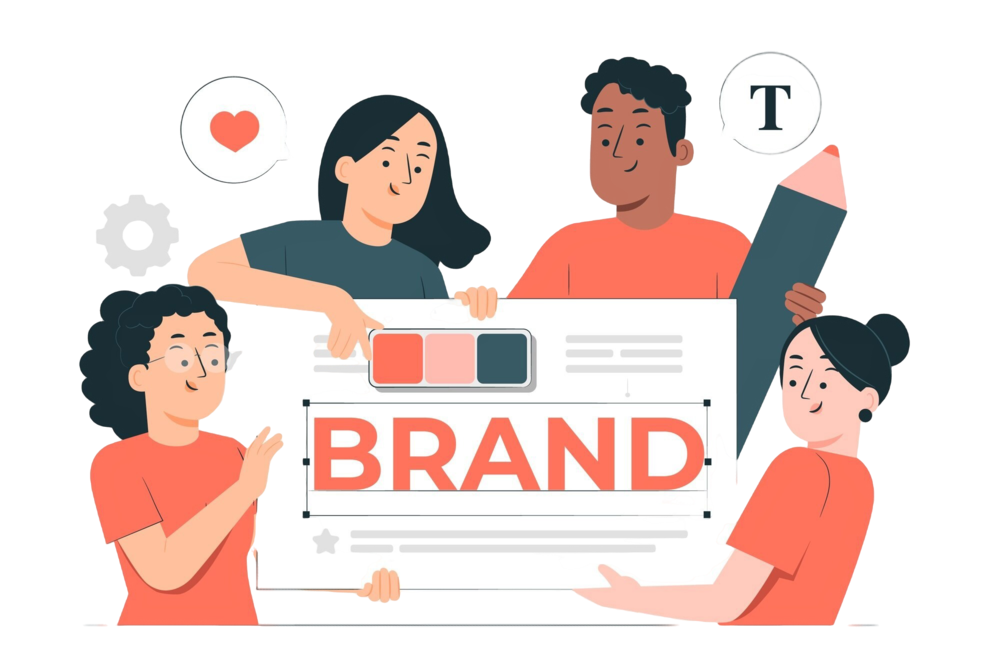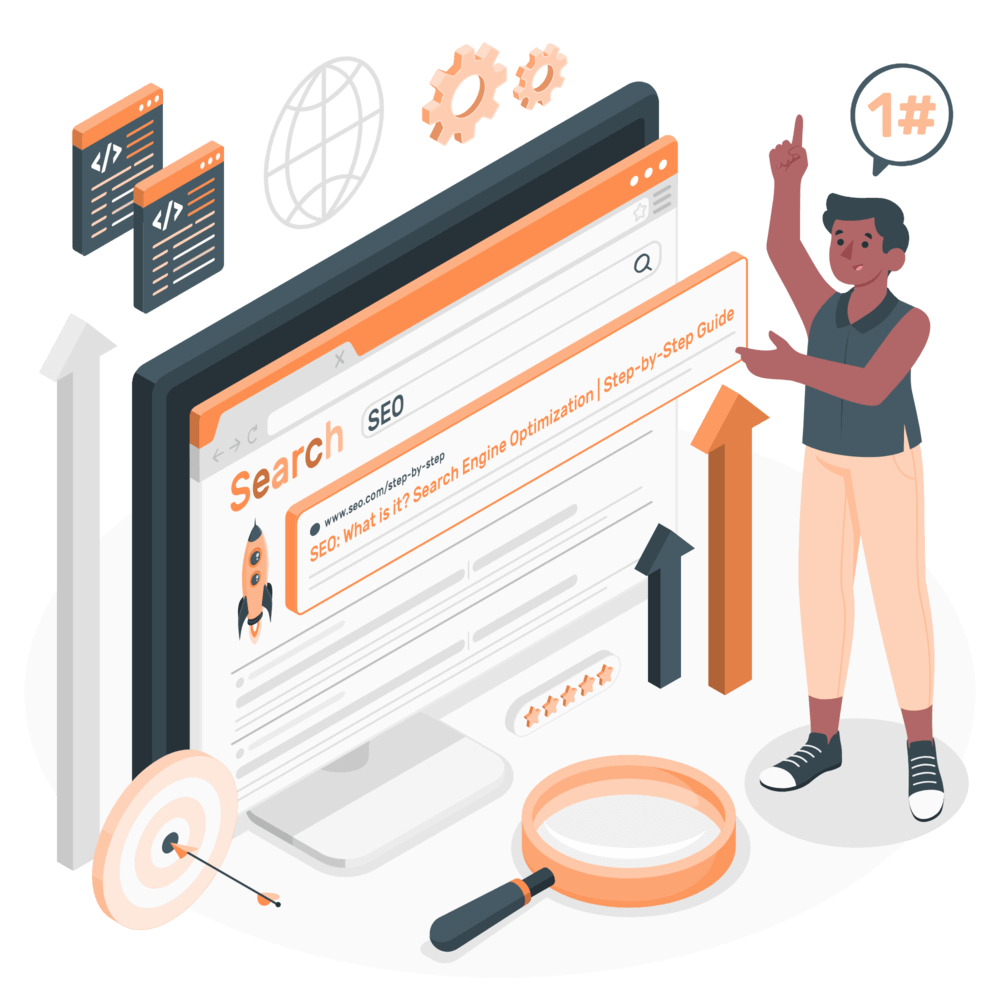If you’re running a business in Bay Area, California—whether you’re a startup, service provider, or growing brand—you’ve likely seen how fast digital marketing is evolving. And now, with the introduction of Google AI Overviews, things are shifting again.
Google is changing the way search results look and work. Instead of showing only websites and snippets, it now gives you direct answers, summaries, and insights powered by AI. This is huge. And if you’re not ready, your digital marketing strategy might fall behind.
Let’s break down what’s happening and how your business can adapt smartly.
What Are Google AI Overviews?
Google AI Overviews are summaries that appear right at the top of search results. These are not just featured snippets. They are AI-generated answers based on multiple sources. This means users might not even click through to a website if the answer they need is already visible.
This is great for users. But for your SEO marketing? It could mean fewer clicks if you’re not visible in these AI answers.
Why This Change Matters to Your Brand

If your site is part of Google’s AI overview, it could mean more visibility and authority. But if it’s not? You might lose traffic.
As a startup or small business, you need to know how to stay in the game. A smart digital marketing agency knows this change is not a threat, but an opportunity.
What Makes AI Overviews Different From Old Search Results

Before: Google gave you 10 blue links and maybe a featured snippet.
Now, You might see a short AI-generated paragraph summarizing what you searched for. This uses multiple sources and cuts down the need for users to dig deep into different websites.
That means your content must now do more than just “rank.”
It must:
- Answer questions clearly
- Be trustworthy
- Load fast
- Be backed by authority
What Google AI Is Looking For
Google’s AI is designed to pick content that is:
- Clear and factual
- Easy to understand
- Helpful and structured
- From trusted sources
So, your digital marketing and content strategy must align with these values.
Here’s What Your Business Can Do to Stay Ahead
1. Write with clarity and purpose
Your content should answer real questions. Use simple language. Avoid long introductions. Get to the point fast.
For example, if you’re a branding consultant writing about logo tips, give clear advice like “Use a readable font” or “Avoid too many colors.”
2. Use headers to organize content
Break down your articles with proper headings. Google’s AI reads structure. Make it easy to follow. Instead of a long paragraph, use short sections. Add bullet points where needed.
3. Be the source Google trusts
You don’t have to be a giant company. You just have to be reliable. Use real stats. Add author bios. Link to credible references. This builds trust.
4. Speed up your website
Fast-loading pages improve user experience. A good marketing agency always prioritizes site performance. You can use tools like Google PageSpeed Insights to check and improve load times.
5. Update your content regularly
Outdated content is less likely to appear in AI Overviews. Keep your guides, blog posts, and pages fresh. If you talk about SEO marketing or startup tips, refresh the info every few months.
6. Optimize for voice search
Many AI Overviews come from questions people ask out loud. So, your content should sound natural. Think of how someone would ask a question. For example: “How do I build a brand on a budget?”
Answer in a direct way.
7. Focus on E-E-A-T
Google looks for Experience, Expertise, Authoritativeness, and Trustworthiness. Even if you’re a small business or just starting your branding journey, show what you know. Share results, testimonials, and your background.
How This Impacts Your Startup Marketing
As a new or growing brand in a competitive market, you’re up against both well-established and emerging businesses. Getting featured in an AI Overview can set you apart.
It tells your audience, “Hey, Google trusts this source.”
That alone builds credibility. A digital marketing agency that understands this shift can help you make the most of it. From keyword research to content strategy, your approach needs to match the new search behavior.
Content Strategy Tips for AI SEO

- Use tools like AnswerThePublic to find real user questions
- Create FAQs around common topics
- Use structured data markup for better indexing
- Write in active voice
SEO Is Still Alive—But It’s Smarter Now
Many are saying that traditional SEO is dying. But that’s not true. SEO isn’t dead. It’s just different now. You can’t just stuff keywords and expect results. You need relevance, intent, and clarity. And that’s where modern SEO marketing stands.
A digital marketing agency with experience in adapting to change can guide you. You don’t have to figure it all out alone.
How a Marketing Agency Can Help You Adapt
Whether it’s branding, content, or technical SEO, the right partner can help you:
- Identify AI-friendly content gaps
- Refresh old posts for higher visibility
- Create fast-loading, mobile-friendly pages
- Develop a voice search-optimized blog
Agencies like Skysail Digital are focused on helping brands and startups grow in this new environment.
What You Should Focus On Now
- Create content that answers questions directly
- Stay up-to-date with Google’s changes
- Make your site fast and trustworthy
- Work with a creative agency that understands SEO shifts
Change is not the enemy. It’s your edge—if you act now. Whether you’re running a startup in Bay Area, California or scaling your brand across the U.S., adapting to Google AI Overviews can be your next big win.
Focus on clarity. Focus on trust. Focus on value.
And the clicks? They’ll come naturally.